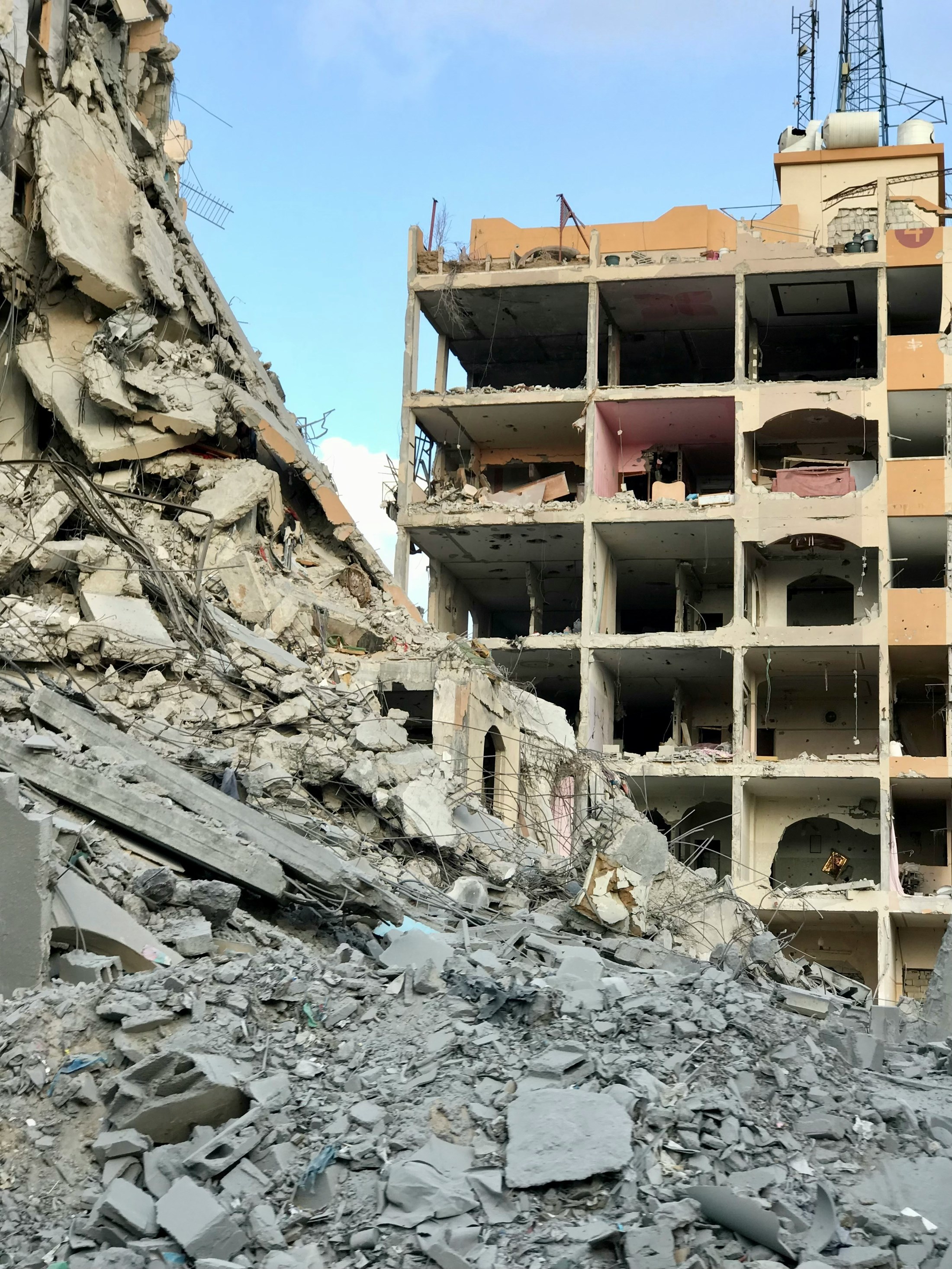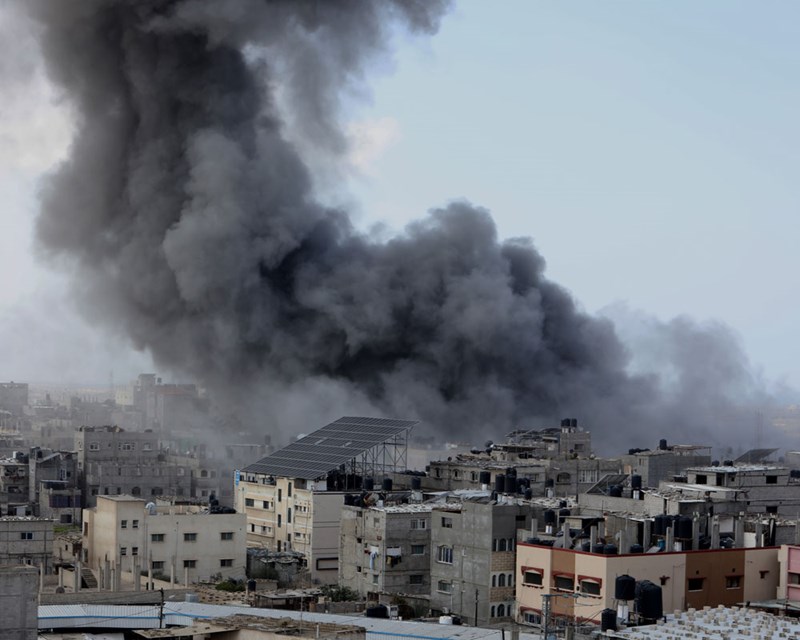For the past year, the relentless and ongoing genocide in Gaza has brought the long-standing issues of occupation, colonisation, and the subject of much geo-political debate into sharp focus. We’ve watched in horror as the violence has played out before us on our screens, where we’ve seen entire families being eliminated, and where homes, schools, and hospitals have been destroyed.
For those who have survived, the urgent call for immediate humanitarian support has resonated deeply across the Arab region and, in fact, the world.
Amidst this backdrop, Arab foundations – both members of the Arab Foundations Forum (AFF) and other philanthropies in the region – have stepped up by mobilising resources, providing aid, and shaping the broader conversation around philanthropy and social justice on a global scale.
Despite these efforts, however, there is a bigger conversation that needs to take place about the role of philanthropy in supporting the long-term rebuilding of our communities and societies and the sustainable funding which is needed to achieve it.
To date, we have not seen a concerted effort by institutional philanthropy to commit long-term, impact-driven funding towards Gaza or Palestine. Indeed, if we compare the mobilisation of philanthropic support to Ukraine since the start of that war to what has been allocated for Gaza, the stark difference is shocking.
The response from Arab donors to the humanitarian crisis in Gaza has for the most part been swift and multifaceted. Most notably, individuals have contributed millions of dollars in both crowdfunding and personally-funded efforts, which have enabled Gazans to flee to Egypt or beyond.
Many foundations immediately launched emergency relief campaigns, focusing on providing immediate humanitarian aid, coordinating efforts to deliver food, medical supplies, and emergency shelter to communities devastated by the war.
Across the region, governments and philanthropic bodies also moved quickly, offering support to Gaza through private philanthropic funding and Official Development Assistance (ODA).
The Kingdom of Saudi Arabia, for instance, has provided over US$158m. Raised through the Sahem platform managed by KSRelief (the King Salman Humanitarian Aid and Relief Center), this substantial amount has been directed towards various humanitarian relief efforts in Gaza, including food, medical supplies, and other essential aid.
The government of the United Arab Emirates, meanwhile, has allocated more than $62m to the relief efforts, with $20m going to support the efforts of the United Nations Relief and Works Agency for Palestine Refugees in the Near East (UNRWA).
Other countries in the region, including Qatar, Jordan, Morocco, Oman, and Egypt, have also provided assistance, whether in terms of financial support, or in-kind contributions and helped facilitate aid delivery on the ground.
While these efforts are appreciated, they are unfortunately nowhere near enough to mitigate the crisis now, or in the future. When the ‘Day After’ comes, we will be faced with the cost of rebuilding entire lives and, one hopes, a free, sovereign nation.






